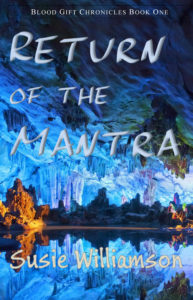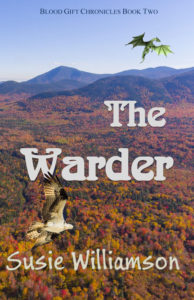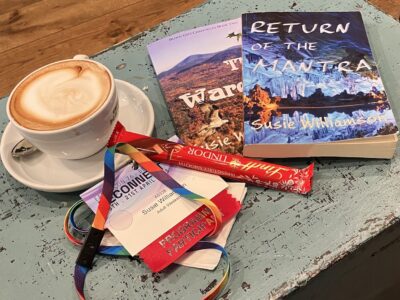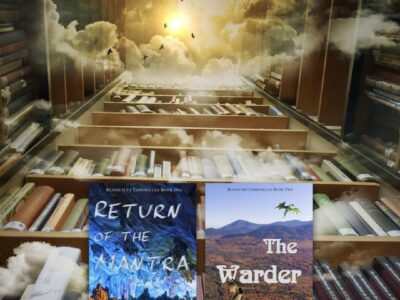
I often think dystopian fiction is a great tool for looking at those uncomfortable truths and predicting what might be if we continue down certain paths. With the recent COP26, it feels timely to mention two reads that serve as a cautionary tale to climate change and the socio-political fallout that brings.
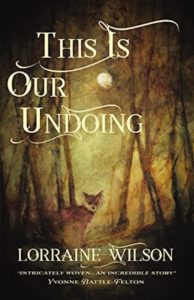
This Is Our Undoing by Lorraine Wilson
This is our Undoing is speculative fiction interspersed with mystery, cli-fi, alternate futures, and a sprinkling of the supernatural. In a near future Europe fracturing under climate change and far-right politics, Biologist Lina Stephenson works in the remote Rila Mountains safely away from London State. A fugitive from her former life, her father persuaded her to get out. Now she is protected by the local militia after signing over citizenship. But following the assassination of a London minister, Lina’s name comes into question, threatening the safety of herself and her family. And to make matters worse, she is trapped with the dead man’s family.
So begins this complex, intricately woven tale, written in the third person although told primarily from Lina’s perspective. The cast is diverse, each battling events greater than themselves. As entwined personal histories are revealed, the characters are left wondering who they can trust and the readers are left wondering who is a reliable witness, making for a compelling plot. A character I particularly enjoyed was a mysterious young boy, Kai, who Lina is inexplicably drawn to. I was left wanting to know more about the boy who fights monsters, but parts of the mystery remain just beyond our reach, leaving space in the narrative for the reader to draw their own conclusions. I also loved the remote mountainous setting and Lina’s role as a biologist studying the conservation of biodiversity. The rich descriptions of place and wildlife were beautifully told, offering an immersive and atmospheric experience that I didn’t want to end. Yet despite the vast landscape the sense of claustrophobia and tensions grow, as the ultimate question is posed: who might you condemn to save another?
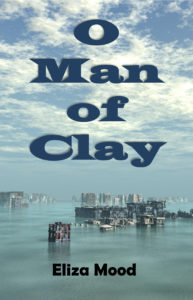
O Man of Clay by Eliza Mood
“They said sea level would rise one day when the polar caps melted and fell into the sea but this was not the future, it was now.”
O Man of Clay offers a dystopian future with a cautionary tale of climate change. After the tsunami hits Eastern England, Scotland, Denmark and the Netherlands, it brings it close to home with Hartlepool as the setting. For those of us in the UK, having a local feel adds power to the message, and the story pulls no punches with the bleakness of that message.
As the walls goes up, three teenagers face being trapped in the flooded zone: Zoe, from Hartlepool, haunted by all she has lost, collecting fragments of humanity in her treasure tin; Volk, a refugee from a Soviet prison colony; and Alma. The present day is woven into each of the character’s pasts, and for me, Alma’s backstory was one I particularly enjoyed. Her ancestors are Buryats, consisting of Evenki hunters and Mongol herders who lived on the shores of Bailgal Nuur. The mythologies and beliefs of an indigenous people are beautifully told, highlighting voices often marginalised but with the most to say and the deepest connections to the natural world and all that is at stake.
I found the story to be a slow burn with literary merit, rather than a fast-paced thriller/adventure. There is huge depth to the prose that meanders with the interlinking past and present, that feel like well-investigated snap shots in time. Time is running out, and while some survivors search for a way to live, others look for ways to die, in a story that reveals the depth, harshness and beauty of humanity and the life we all stand to lose.
What are you reading?







